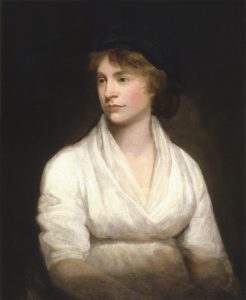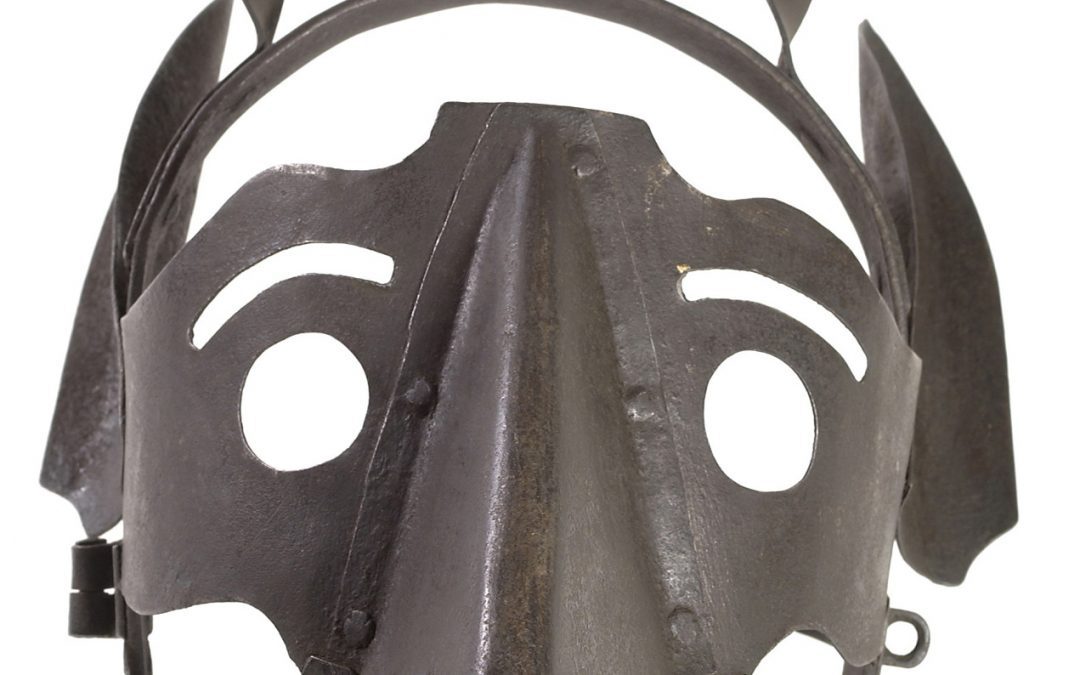https://www.bl.uk/collection-items/scolds-bridle
Elizabeth lived most of her adult life in Congleton; in 1824 Jane Runcorn was put in a ‘brank’ or scold’s bridle and paraded through the streets of Congleton as a punishment for being a gossip. As late as 1856 a bridle like this was used on a woman in Bolton-le-Moors, Lancashire.
Powerless yes: invisible, not always. Elizabeth believed that women should have power and influence and be treated with humanity. As late as the 1850s, one poor woman was put in a medieval bridle and paraded through the streets of her home town: such horrendous treatment for being a gossip.
Elizabeth was a leading figure in the first wave of feminists, and these women certainly faced plenty of challenges. Her lifetime mirrors the shift from the majority of women being powerless and invisible to significant achievements demonstrating what a full role women could play in the world.
The Victorian male dominated in so many ways. Girls were ruled by their fathers until marriage, when their vows would clearly state that the female would obey their husband. Women who went to work, say in the mills, would always have a man as a boss. Put another way, the woman was always subservient, and most men were in no rush to lose their power.
Within the home, for any woman whatever her social class, it was regarded that all domestic chores were her responsibility. For middle class women, the wife would have to organise servants; young girls would learn this from their mother as it was expected that they would leave home to take up their own duties as a wife. As the Industrial Revolution changed the world, working class women would spend hours working in the mills or down the mines. Once such arduous work was completed they would then have to cook, wash and clean. Much of the resistance to any change was founded on the belief that the woman’s place was the home, the private sphere, while men dominated the public sphere.
The rule of the man was highlighted by the woman having no rights to her own money. For working class women this too often meant that wages were paid to the husband, some who then went on to drink and gamble leaving little money for the wife to care for the family. Middle class women could inherit money or property but legally it all went to the husband. Economic freedom was denied so many women, leaving them at the mercy of the men in their lives. Whether the men were kind or not, women had no choice as to how they spent their money. Not all women were married and many were left as widows; therein lie more stories for another time.
The law made all women powerless and invisible. Elizabeth and many others had to fight for basic rights – divorce, access to children, control over property and the vote. Throughout Elizabeth’s long fight for human rights, many men saw changes in the law as threatening their position. Some saw women as both physically and mentally incapable of handling responsibilities. It was an uphill battle to gain each change, a battle that Elizabeth kept fighting all her life.
Thankfully, some people appreciated that women could and should be equal. Two who had a strong influence on Elizabeth wrote at very different times but with the same theme. Elizabeth read Mary Wollstonecraft as a young girl. Later in her life, John Stuart Mill put pen to paper to write The Enfranchisement of Women in 1851. Later, in 1869, he wrote the essay The Subjection of Women which argued strongly for women to have the vote. Although I like the fact that the latter was written with the support of his wife, Harriet Taylor Mill, it is his name that takes centre stage.
Elizabeth was fired up by these and many other texts. She was to become a famous writer herself, writing words and taking actions that were dedicated to ensuring that women and men had the same rights in all aspects of life.

Mary Wollstonecraft – image by Maggi Hambling
John Stuart Mill opened The Subjection of Women with the statement that:
The principle which regulates the existing social relations between the two sexes – the legal subordination of one sex to the other – is wrong in itself, and now is one of the chief hindrances to human improvement ..
https://www.bl.uk/collection-items/the-subjection-of-women-by-j-s-mill


Recent Comments